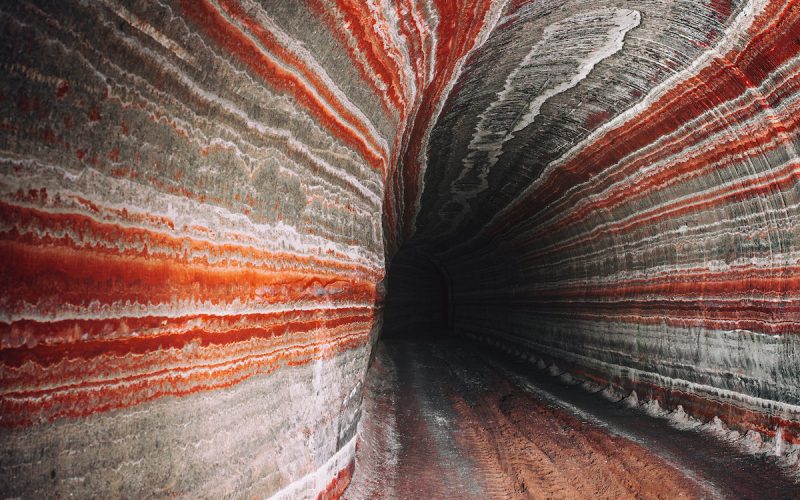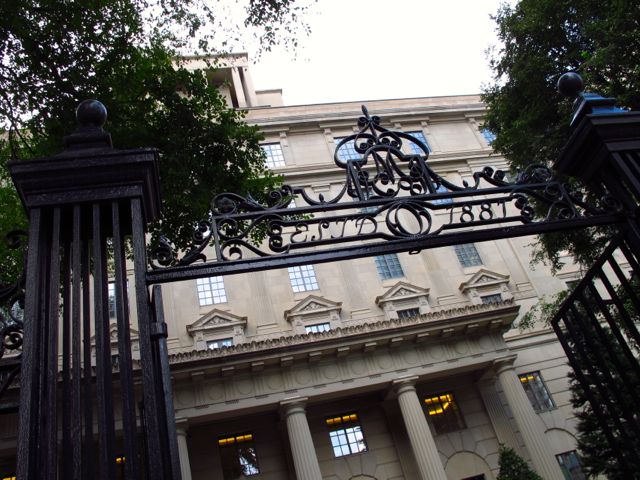The global fertilizer market has been rocked by Russia's invasion of Ukraine, which disrupted world trade, leading to a spike in prices. Many countries, especially those in Africa, Asia, and Latin America, depend on Russia, Belarus, and China for most of their fertilizers. The situation has rung alarm bells in many countries, including the US, where the State Department is beefing up its expertise on fertilizers. Some politicians are tweeting about the issue and using it as a focus in election campaigns. The situation has also become a currency of diplomacy, and tensions have arisen over who is to blame for the fallout from Russia's war on Ukraine.
The global dependence on a few nations for most of its fertilizers is becoming a strategic dependency for an agricultural input that is a key determinant of food security. In Malawi, for example, 20% of the population is projected to face acute food insecurity during the "lean season" through March. The World Food Programme chartered a ship to transport 20,000 metric tons of Russian fertilizer from the Dutch port of Rotterdam to Mozambique, from where it's being taken by truck through the interior to Malawi. The country is one of 48 nations in Africa, Asia, and Latin America identified by the International Monetary Fund as most at risk from the shock to food and fertilizer costs fanned by Russia's invasion of Ukraine.
The market disruption has led to stockpiling by those who can afford fertilizers, and while costs have come down significantly, they remain above pre-pandemic levels. Supplies are constrained in poorer areas. The situation is exacerbated by sanctions on potash giant Belarus and China's decision to impose restrictions on exports to protect domestic supply. Falling prices in North America have not benefited farmers in Southeast Asia and Africa, who remain more exposed than their counterparts in North America, China, or India.
The race for fertilizer supplies has led to efforts to encourage self-sufficiency. The US, which both produces fertilizer and is a major importer, has announced $500 million in grants to increase "American-made fertilizer production" and "bring production and jobs back to the United States." Meanwhile, Morocco, home to 70% of the world's known reserves of phosphate, is using its position to promote its aspirations to regional leadership. The country has made donations and subsidized sales of fertilizer to promote sustainable agricultural practices and productivity across Africa. It has committed to doubling its supply of fertilizer to Africa in 2023 to about four million tons, on top of donating and supplying discounted fertilizer of more than 500,000 tons last year.
The geopolitical fallout from the fertilizer crisis is being felt as far away as Canada, the world's biggest potash producer, where Nutrien Ltd., the world's largest fertilizer company, is expanding production at its potash mines. BHP Group Ltd. has given the green light to build its own massive potash mine in Saskatchewan. Morocco's use of fertilizer donations and subsidized sales to promote its aspirations to regional leadership has sparked controversy, with the country embroiled in a dispute with neighboring Algeria over the status of the Western Sahara.
Morocco has 70% of the world's known reserves of phosphate, making the North African country and state-owned OCP Group, which is responsible for mining, processing, manufacturing, and exporting phosphorous, pivotal to food security in a world that's being reshaped by Russia's war. OCP has committed to doubling its supply of fertilizer to Africa in 2023, in addition to donating and supplying discounted fertilizer of over 500,000 tons last year. The Morocco World News reported that a planned shipment of around 150,000 tons of fertilizer bound for Peru was canceled after the country renewed diplomatic ties with the Saharawis, a movement recognized as an independent state by some in Latin America and Africa, but not by Morocco.
The fertilizer crisis is a humanitarian issue that has implications beyond food security. The role of fertilizer in growing crops is as important as the role of seed in a country's food security. The political agenda around the world has made fertilizer and who controls it a pressing issue.
Adapted from source: Crawford, Alan, et al. "Russia and China Have a Stranglehold on the World’s Food Security." Bloomberg, 20 Feb. 2023, www.bloomberg.com/news/features/2023-02-20/feed-the-world-without-fertilizer-why-crop-nutrients-are-suddenly-political















